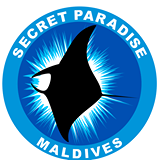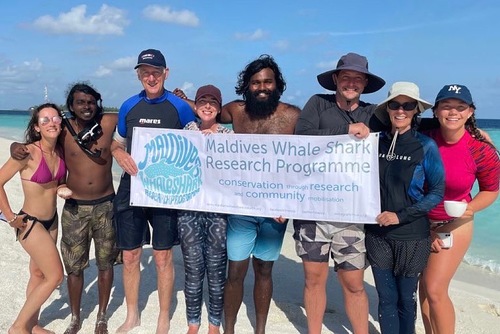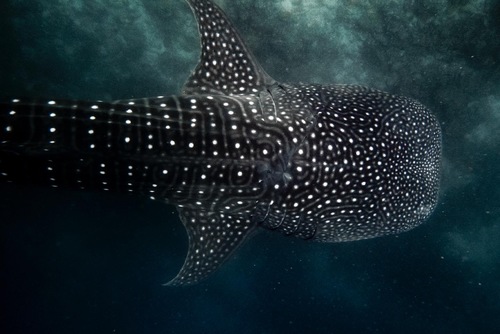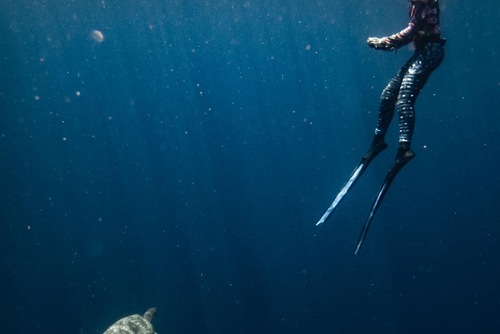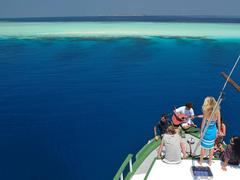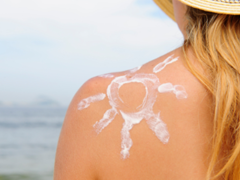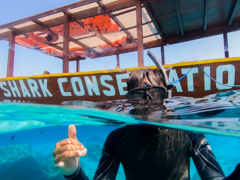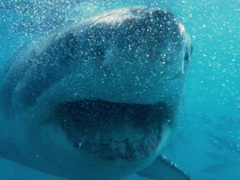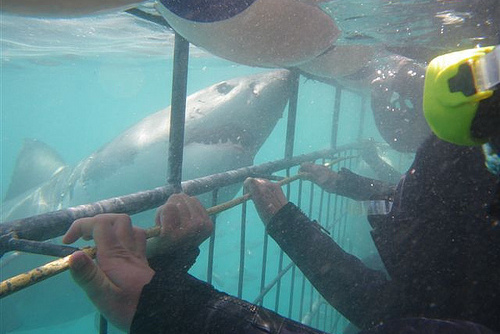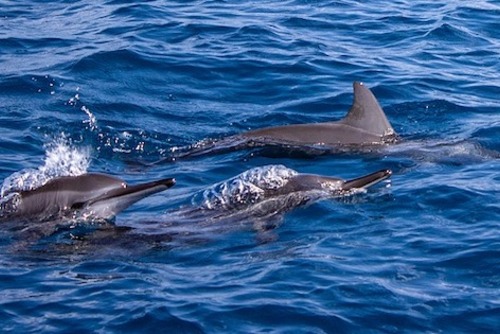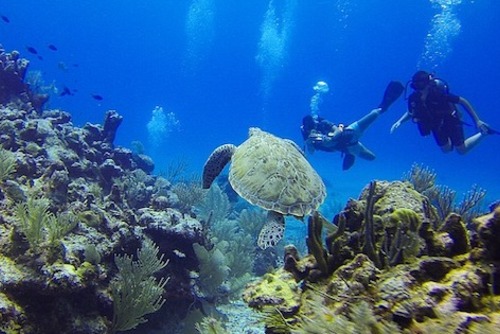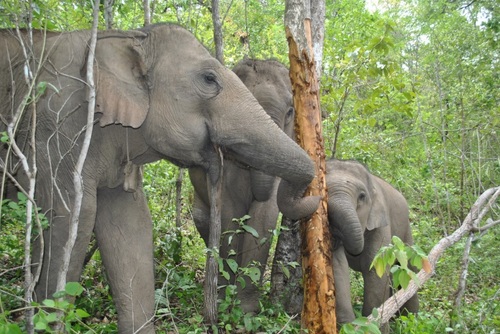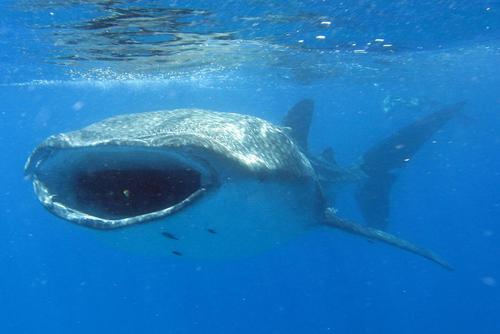Looking to really get under the skin of the Maldives as well as having the opportunity to give something back? Join us and our partner Maldives Whaleshark Research Progam and experience the unique underwater world of the Maldives.
We’ve made some changes for 2021, with a view to ensure we spend as much time carrying out research as possible whilst keeping you safe. We’re excited to announce that we’re teaming up with a beautiful sailing yacht MV Felicity, which will be our floating base, initially for five 2-week research periods. We’ve done this for three reasons, we want to spend as much time on the water as possible as we’ve got some ground to make up on our monitoring of the whale sharks in South Ari. Secondly we want to minimise the potential for putting you or our host communities at risk of cross infection. Lastly, we want to choose a base that provides the most stability in terms of potential disruption due to the virus. Liveaboards by their nature or self contained and the most reliable option in terms of any potential restrictions.
Volunteering with MWSRP is a life-changing experience. Our programme offers you the opportunity to get hands-on with the research and data collection, increase your knowledge on marine conservation, and have a great time doing it. We look for enthusiastic people with a love of nature who are not afraid of hard work!
How can you help?
We do not side-line volunteers into ‘bit part’ roles, but instead offer you the chance to get stuck in with every aspect of what we do, from measuring sharks in the water to taking I.D shots and helping us record our data. You can really become a valuable asset to our work in the time you spend with us, and in doing so help to conserve whale sharks and their marine habitat.
Requirements
Not a marine biologist? Not a problem! We welcome people of all ages, talents, and nationalities. We find that it is the diverse skills that our volunteers bring that make a huge impact on the Programme.
Volunteers range from recent grads to retirees
Anyone with a passion for conservation and a willingness to roll up their sleeves. Many of our volunteers are professionals who are looking to do more than just sit on a beach. We have had a range of volunteers: university and graduate students, lawyers, IT consultants, students on gap year, doctors, hoteliers, and more have all come out with us, each bringing their own skills and ideas to our Programme. Any one group of volunteers is often an eclectic mix of ages and nationalities – we once had 5 volunteers from 5 different countries ranging from 19 to 69!
When it first became clear that we needed volunteers to assist us in the research, we expected applications to come solely from recent university graduates or hardcore marine biologists. We couldn’t have been more wrong! It turns out that fun people with a sense of adventure, a willingness to work in vacation time and a sense of pride in contributing to conservation of the marine environment are to be found in all walks of life and at all ages.
Project Location
Arrive in Male’ where you’ll be met and taken to board MV Felicity, ready for an overnight leg to South Ari atoll. You’ll wake up in the beautiful lagoons of South Ari atoll. From our base on Felicity we’ll take daily survey trips out on the dhoni along the famous South Ari Marine Protected Area. Home to a group of whale sharks that are unusually present all year round and display the highest natural residency rate of anywhere in the world. When your two weeks come to an end you’ll make the return journey to Male’ in time for your flight home.
Arrival and Orientation
You will be met by a representative at Velana International Airport, Male’ and escorted to the MV Felicity. Here you’ll enjoy a welcome drink and briefing from the MWSRP team.
Once your two weeks with us has come to an end, MV Felicity will make its way back to Male’ where you’ll be escorted safely to the airport to catch your return flight.
What to Expect. A day in the life
7:30 Breakfast 8:30 Boat Survey: The most common activity will be actually being out on the water onboard the research dhoni looking for sharks. It can be hard, hot work, but the more eyes we have on the water, the better our chances of success. We travel around on our dhoni, a traditional Maldivian boat, and from the roof we have a good vantage point from which to spot sharks. Every member of the team will be assigned a role at the start of the day, such as recording any other significant marine species we see, from turtles to mantas and dolphins, so there’s never a dull moment. Once we spot a shark, it’s all systems go! We have to identify the shark if we can, which means taking a left and right sided picture, from which we look at the unique spot pattern later. Those with good lungs may be asked to ‘sex’ the shark, which means swimming underneath and having a good look! Finally, if there’s time, we try to measure the shark, either with a line or with our laser photogrammetry measurement device. Noticing and digitally recording new or healing injuries and other distinguishing marks can be really important in recording the health of the population too, so keep those eyes peeled! 4:00pm Return to Felicity 5:00pm Data Entry: As an active research programme, we also have to collate all the data and encounters we log whilst out on the water for presentation to policy and decision makers. As volunteers you are an essential asset in bringing all this information together, so each evening after a day on the boat we input the data into our database, as well as identifying the individual sharks or other megafauna such as manta rays we saw that day. Spotting a shark, swimming with it and then identifying and monitoring it is a really rewarding process! We upload all our encounters onto our online portal as well as contributing to our Big Fish Network. 7:00pm Dinner Evenings: Your time to process pics, listen to a presentation from our staff or just chill out and recuperate for tomorrow's adventures! Days off: Friday is typically our day off for our survey work. You’ll have the opportunity to do some diving, go for a snorkel or visit a sandbank or two! Definitely worth putting your feet up too. It’s important to recharge for the week ahead!
Start Dates
Available all year round
Costs / Benefits
Fees
Volunteer fees are an important part in helping to keep MWSRP in operation conducting research and conservation initiatives. These fees go towards covering the rental of the research dhoni (boat), accommodation, food, fuel, and project related expenses.
2 weeks: $2499.00 USD per person.
Included: food & water, accommodation, research vessel, guiding, airport transfer
Not included: International Flight, Diving (available at a heavily discounted rate tbc), Travel Insurance, Snorkelling equipment
Apply
In order to volunteer with MWSRP, you must submit an application. To receive an application, in the fields below fill out your name, email address and a message indicating that you’d like to receive an application.
Once you’ve submitted your application, we will get back to you within 2 weeks.
Still have a question?
Is there an age requirement?
Yes, you must be over 18 years of age. However, in some cases we do consider applications from 16 and 17 year olds if accompanied by a guardian.
Can I do fundraising to help me become a volunteer?
As MWSRP is a registered charity it is certainly possible for you to carry out some fundraising activities to help contribute toward the cost of your trip. While volunteers have used a wide variety of resourceful events to help them reach their goals in the past, we simply request that if you are planning your own fundraising to help you join the MWSRP that you adhere to our core values and partake in volunteering services which benefit your community or the environment rather than any self-serving adventures!
What is the main language used to communicate between volunteers and MWSRP staff?
English. All of our documents and scientific data sheets are in English.
What is the official language of Maldives?
It is Divehi, which is mainly still used on the local islands. Many Maldivians can speak English, however, and have a great working knowledge of the language.
How many volunteers are out during a given research period?
We have a maximum of 10 volunteer positions available at any given time.
How busy are the volunteers?
The nature of research needs create a dynamic, activity-driven day. 5 days per week we are conducting research on the water, with 1 day for data analysis and one day of rest. If you are selected to join us, then you will become a part of the research team. Team dynamic is very important and the more willing you are to give, the more you will get out of the experience.
Do I need to be able to swim?
YES. If you do not know how to swim then we encourage you to learn before submitting an application. We recommend you to seek out qualified swimming instructors to help you gain this invaluable skill, then come back to us.
Do I need to be able to snorkel?
No, but we encourage you to have some experience with it. Our staff will help to familiarise yourself with the necessary snorkel equipment and duck diving techniques.
I have a disability that affects my mobility. Can I still volunteer?
Due to the nature of the research and the animal we study, we spend a lot of time at and in the sea. The work requires lots of rapid water entries, swimming with equipment, and climbing ladders onto boats. There are, however, many aspects to our work and not all of them are physical. Drop us an email and we’d love to find a way that you can help us in our research that fits in to your level of mobility.
Where do volunteers live, eat and sleep?
Our accommodation in 2021 is the beautiful liveaboard Felicity A maximum of 2 people share a room, separated wherever possible by male and female rooms..
Where does MWSRP operate from?
MWSRP operates from our anchorage in the beautiful sheltered lagoons of South Ari atoll. Our research vessel operates from our liveaboard, so we have a simple commute to work each day!.
What do I do on a day off?
We first recommend a nice rest because of the physical demands of conducting research on the water throughout the week! Other activities can be arranged, which include snorkeling, scuba diving and maybe something uniquely Maldivian like a sand bank visit. Please note that you will have to pay separately for any activities you do which are outside of your time with the MWSRP. A good book, a snorkel and mask, and sun cream are some of the essentials we always include in our pack on days off.
Will I get some kind of qualification from volunteering?
There is no official accreditation from volunteering with us. Like any volunteer programme, what it lacks in official qualifications it makes up for on a C.V. or resume by demonstrating that you are someone who is willing to learn new skills, do something meaningful, and jump into new experiences.
Do I need to bring a snorkel, mask, and fins?
Yes. We are now unable to provide mask, snorkel or fins so it is essential that you bring your own equipment. We recommend you try everything out before you come.
What happens in the event that I need to see a doctor?
You will have the ability to see a professional doctor and will have access to basic medication. In an emergency, evacuation to hospital in Male would be arranged. MWSRP staff are qualified to respond in the face of an emergency and we always have first aid kits available. If you have any pressing ailment, it is best to inform us ahead of time so that we can ensure the safety and well-being of everyone on the team. Please note that we handle any medical issue with the utmost level of confidentiality.
Requirements
How do I become a volunteer?
We have an application form that all volunteers are required to fill out in its entirety. We try to get an understanding of your competencies, qualifications, personal goals for the trip and what you feel you can contribute. It is a completely non-discriminatory enquiry. Due to a limited number of spaces, we are looking to select the best person for the skills and competencies needed.

